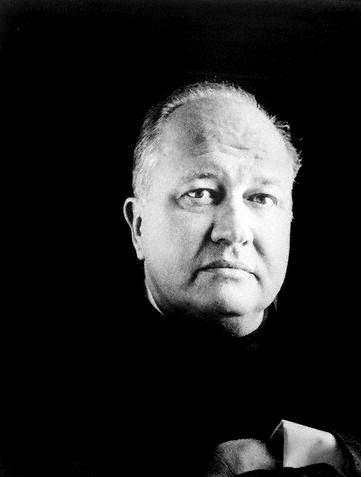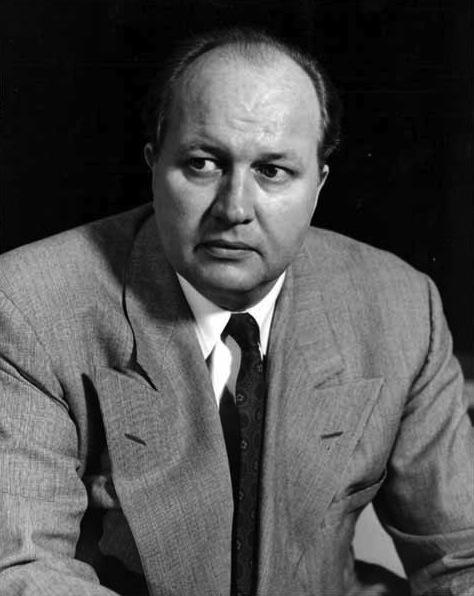Theodore Roethke (Theodore Huebner Roethke)

Theodore Roethke was born in Saginaw, Michigan and grew up on the west side of the Saginaw River. His father, Otto, was a German immigrant, a market-gardener who owned a large local 25 acre greenhouse, along with his brother (Theodore’s uncle). Much of Theodore’s childhood was spent in this greenhouse, as reflected by the use of natural images in his poetry. In early 1923 when Roethke was 14 years old, his uncle committed suicide and his father died of cancer. Roethke noted that these events affected him deeply and influenced his work. Theodore Roethke attended the University of Michigan, earning B.A. and M.A. degrees. He briefly attended law school before entering Harvard University, where he studied under the poet Robert Hillyer. Abandoning graduate study because of the Great Depression, he taught English at several universities, including Michigan State University, Lafayette College, Pennsylvania State University, and Bennington College. In 1940, he was expelled from his position at Lafayette and he returned to Michigan. Prior to his return, he had an affair with established poet and critic Louise Bogan, one of his strongest early supporters. While teaching at Michigan State University in East Lansing, he began to suffer from manic depression, which fueled his poetic impetus. His last teaching position was at the University of Washington, leading to an association with the poets of the American Northwest.
Some of his best known students included James Wright, Carolyn Kizer, Jack Gilbert, Richard Hugo, and David Wagoner. The highly introspective nature of Roethke’s work greatly influenced the poet Sylvia Plath. So influential was Roethke’s poetry on Plath’s mature poetry that when she submitted “Poem for a Birthday” to Poetry magazine, it was turned down because it displayed “too imposing a debt to Roethke.” In 1952, Theodore Roethke received a Ford Foundation grant to “expand on his knowledge of philosophy and theology,” and spent most of his time from June 1952 to September 1953 reading primarily existential works. Among the philosophers and theologians he read were Sören Kierkegaard, Evelyn Underhill, Meister Eckhart, Paul Tillich, Jacob Boehme, and Martin Buber. In 1953, Theodore Roethke married Beatrice O’Connell, a former student. Like many other American poets of his generation, Roethke was a heavy drinker and susceptible, as mentioned, to bouts of mental illness. He did not initially inform O’Connell of his repeated episodes of mania and depression, yet she remained dedicated to him and his work. She ensured the posthumous publication of his final volume of poetry, The Far Field, as well as a book of his collected children’s verse, Dirty Dinky and Other Creatures, in 1973. From 1955 to 1956 he spent one year in Italy on a scholarship of the U.S.-Italy Fulbright Commission.
In 1961, “The Return” was featured on George Abbe’s album Anthology of Contemporary American Poetry on Folkways Records. The following year, Roethke released his own album on the label entitled, Words for the Wind: Poems of Theodore Roethke. He suffered a heart attack in his friend S. Rasnics’ swimming pool in 1963 and died on Bainbridge Island, Washington, aged 55. The pool was later filled in and is now a zen rock garden, which can be viewed by the public at the Bloedel Reserve, a 150-acre (60 hectare) former private estate. There is no sign to indicate that the rock garden was the site of Theodore Roethke’s death.
Born
- May, 25, 1908
- USA
- Saginaw, Michigan
Died
- August, 01, 1963
- USA
- Bainbridge Island, Washington
Cause of Death
- heart attack
Cemetery
- Oakwood Cemetery
- Saginaw, Michigan
- USA



